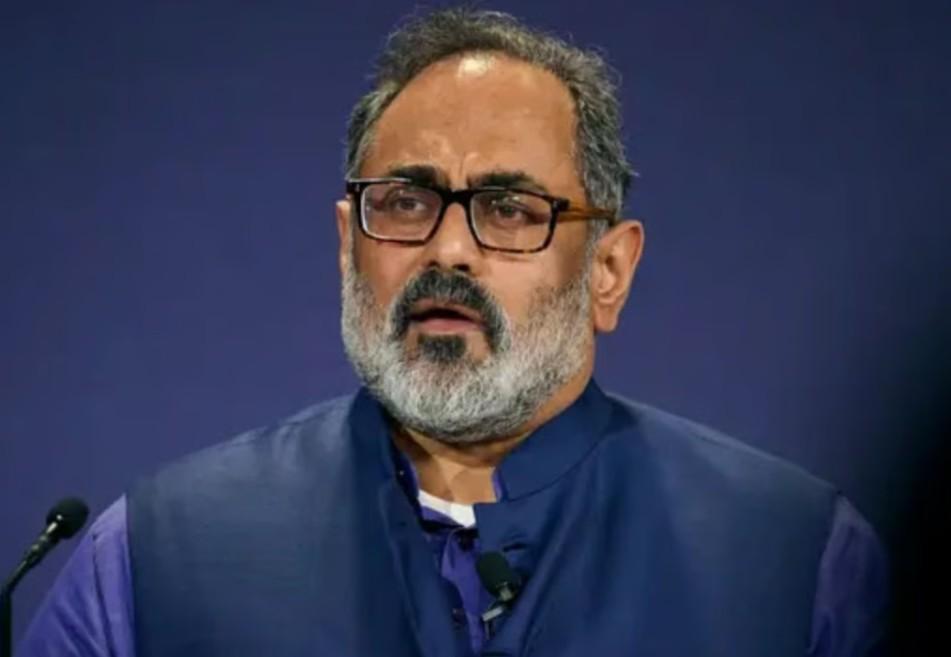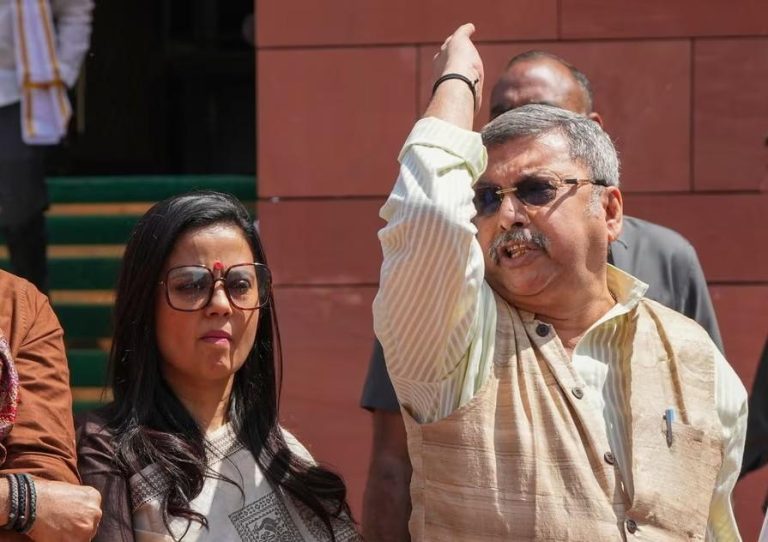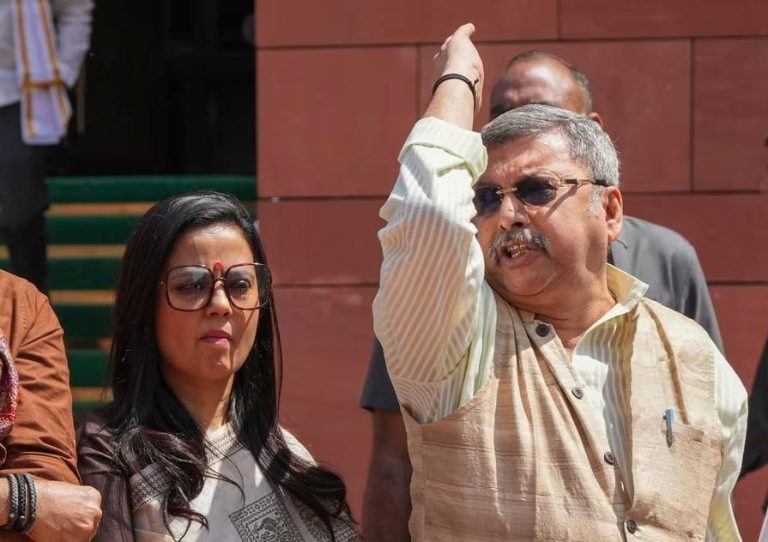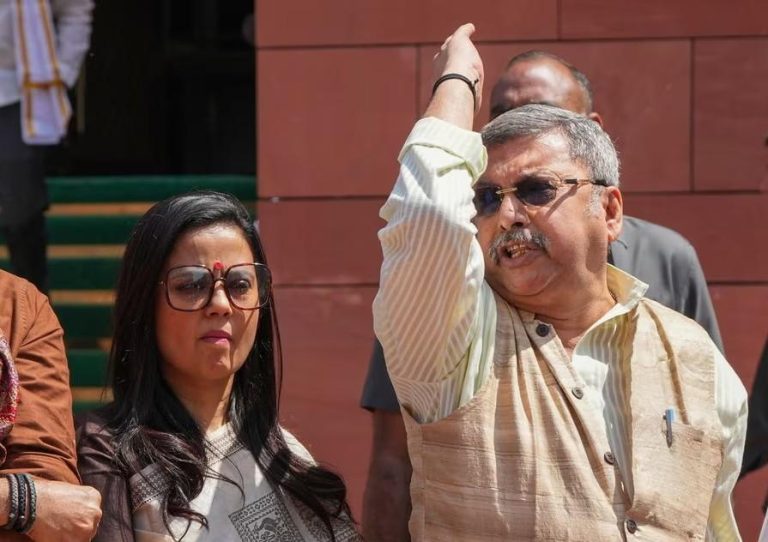
Rahul should read & learn the Constitution: BJP’s Chandrasekhar
The recent debate on the Waqf Bill has sparked a heated discussion among politicians and citizens alike. The Bill, introduced by the Narendra Modi-led government, aims to ensure that Waqf land is used for the benefit of poor Muslims and not rich politicians or builders. In the midst of this debate, Congress leader Rahul Gandhi has been critical of the Bill, sparking a sharp response from BJP leader Rajeev Chandrasekhar.
Taking to Twitter, Chandrasekhar slammed Gandhi, saying, “One thing I recommend to Constitution-waving, India-bashing Rahul Gandhi is that he reads, learns the Constitution.” He further added, “PM Narendra Modi’s [Waqf Bill]…ensures that Waqf land is used for the benefit of poor Muslims not rich Cong builder/politicians.”
Chandrasekhar’s remarks are a direct response to Gandhi’s criticism of the Bill, which he has termed as “divisive” and “anti-Muslim”. Gandhi has been vocal about his opposition to the Bill, claiming that it is an attempt to “grab” Waqf land and “divide” the country. However, Chandrasekhar has countered these claims, saying that the Bill is actually a step towards ensuring that Waqf land is used for the benefit of the poor and marginalized.
The Waqf Bill has been a contentious issue since its introduction, with many political parties and civil society organizations weighing in on the debate. The Bill aims to reform the Waqf Act of 1995, which is responsible for the management of Waqf properties across the country. The new Bill seeks to empower the Waqf boards, increase transparency, and ensure that Waqf land is used for the benefit of the poor and marginalized.
Chandrasekhar’s remarks are significant because they highlight the importance of understanding the Constitution and its provisions. As a leader, it is crucial to understand the laws and policies that govern the country, and to make informed decisions based on that understanding. Gandhi’s criticism of the Bill, without fully understanding its provisions, has been criticized by many as being premature and ill-informed.
The debate on the Waqf Bill has also raised questions about the role of political leaders in shaping public policy. Chandrasekhar’s remarks suggest that leaders should be knowledgeable about the laws and policies they are criticizing, and should not make reckless statements without fully understanding the implications.
Moreover, the debate has also highlighted the need for greater transparency and accountability in the management of Waqf properties. The Waqf Act of 1995 has been criticized for being opaque and lacking in transparency, leading to allegations of corruption and mismanagement. The new Bill seeks to address these issues by increasing transparency and accountability in the management of Waqf properties.
In conclusion, the debate on the Waqf Bill highlights the importance of understanding the Constitution and its provisions. Chandrasekhar’s remarks are a timely reminder that leaders should be knowledgeable about the laws and policies they are criticizing, and should not make reckless statements without fully understanding the implications. As the debate continues, it is essential that political leaders, including Rahul Gandhi, engage in a constructive and informed discussion about the Bill, and work towards finding a solution that benefits all stakeholders.






